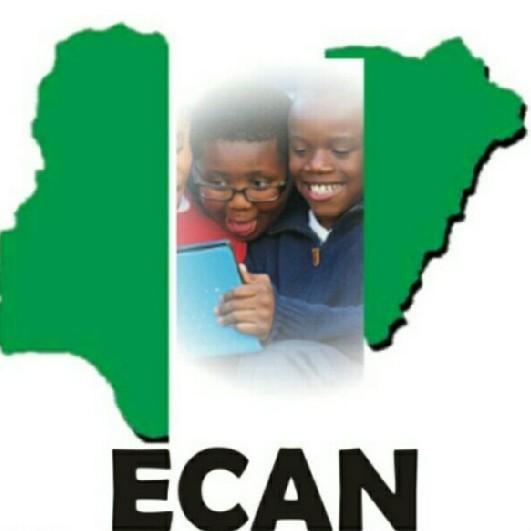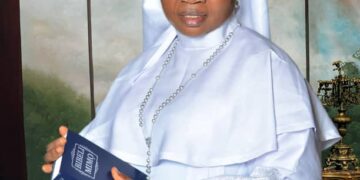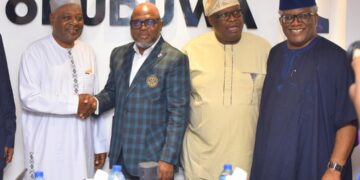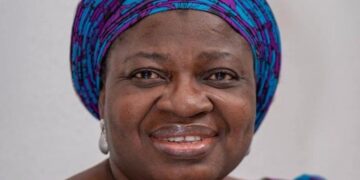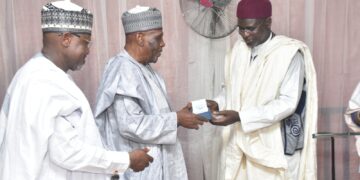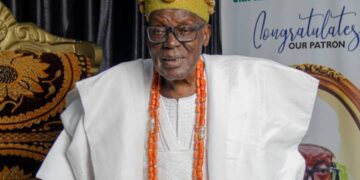To eliminate extreme poverty ravaging the country, Nigerian governments have been admonished to invest in Early Childhood Development, Care and Pre-primary Education to, boost shared prosperity, and create the human capital needed for economy to diversify and grow.
The charge came from Early Childhood Association of Nigeria during its first virtual annual conference (ECAN) hosted by the Department of Early Childhood and Educational Foundations, University of Ibadan with the theme “Quality, Equitable, and Context-based Early Childhood Care and Pre-primary Education: The Journey to 2030”
In a communique signed by Dr Amosun Moses
Dr Olowe Peter K. and Dr Olabisi Adedigba, the association noted that Early Childhood Development, Care and Pre-primary Education is crucial to realizing the full potentials of a child and it is key to achieving sustainable society.
According to them, Government of Nigeria, at all levels, should give more attention to the programme of Early Childhood Development, Care and Pre-primary Education through her representative bodies such as UBEC and Federal Ministry of Women Affairs.
To ensure continuous access of the Nigerian child to the programme of Early Childhood Development, Care and Pre-primary Education in the face of the current Coronavirus pandemic, key stakeholders (Government, ECE practitioners, faculties, and NGOs) should come up with other approaches and platforms such as community-based ECCDE programme, parental empowerment to offer responsive caregiving and deployment of qualified ECE social workers to rural areas.
The Early Childhood Education professionals called for the creation of separate ministry or government body for the programme of Early Childhood Development, Care and Pre-primary Education to allow for effective implementation, monitoring and management.
“The Government of Nigeria, at all levels, should invest more in the programme of Early Childhood Development, Care and Pre-primary Education through provision of adequate facilities, resources and increased budgeting allocation. Teachers in the programme of Early Childhood Development, Care and Pre-primary Education at all levels (nursery, pre-primary and tertiary institutions) should come up with practical ways and approaches through which children can be offered culturally-relevant contents and context-based learning activities.”
ECAN noted that the curriculum used for the programme of Early Childhood Development, Care and Pre-primary Education at pre-primary and tertiary education levels should be reorganized to sufficiently feature culturally-relevant contents and ways of learning in the indigenous society.
“The Government of Nigeria as well as development partners such as UNESCO and UNICEF should invest in trainings that are capable of equipping teachers (in-service, pre-service and lecturers) with the ability to plan and implement the programme of Early Childhood Development, Care and Pre-primary Education towards the achievement of 2030 Global Agenda in Nigeria. When made culturally-responsive, Early Childhood Development, Care and Pre-primary Education, is key to realizing the 2030 Global Agenda in Nigeria. Caregivers as well as teachers are the driving force behind the programme of Early Childhood Development, Care and Pre-primary Education that can facilitate the process of achieving the 2030 Global Agenda in Nigeria. Efforts should be made by the Government of Nigeria and all key stakeholders to reach all categories of the Nigerian child (orphans and vulnerable children, out-of-school children, educationally challenged children, children in IDC and children with special needs) the quality programme of Early Childhood Development, Care and Pre-primary Education.”


